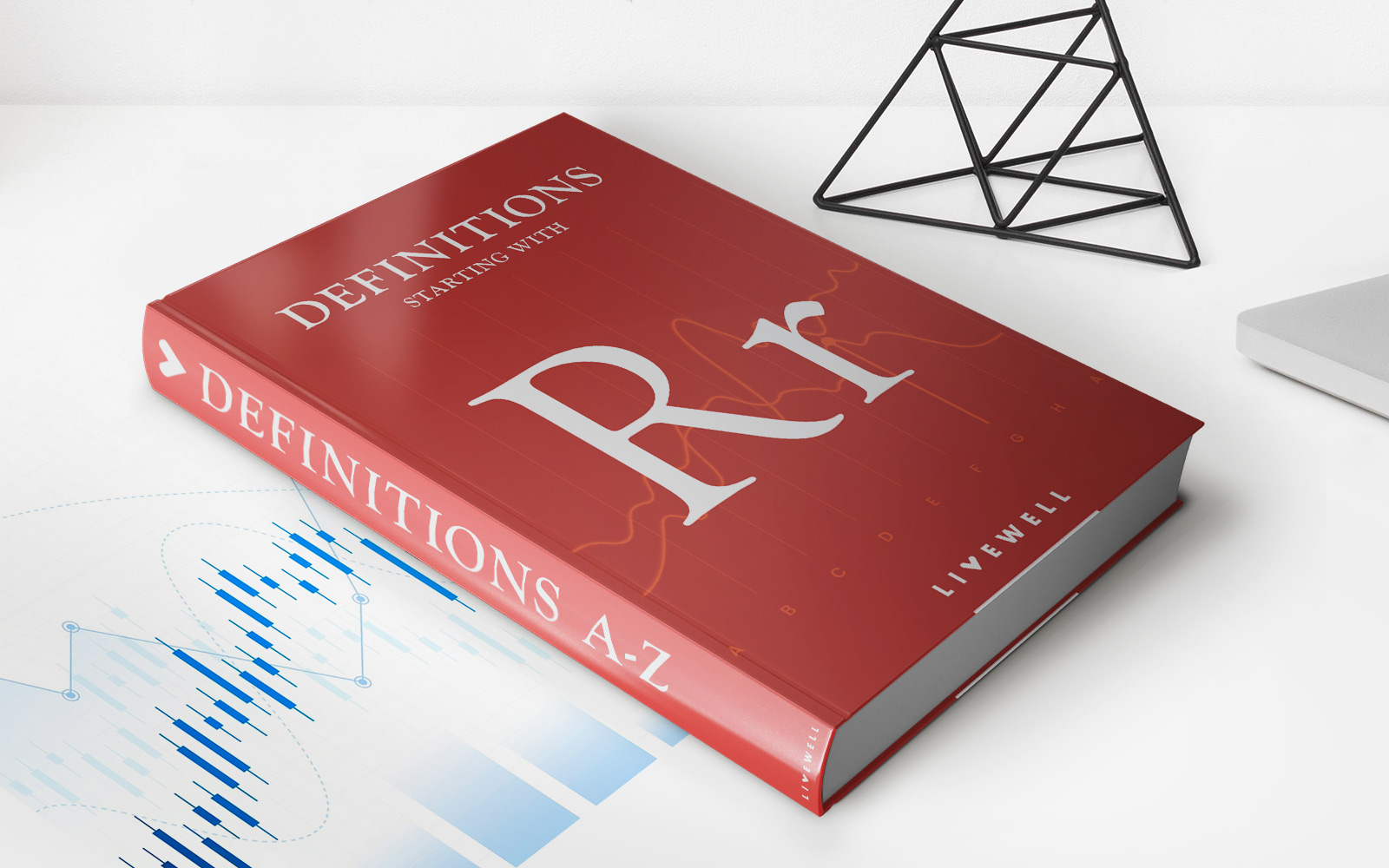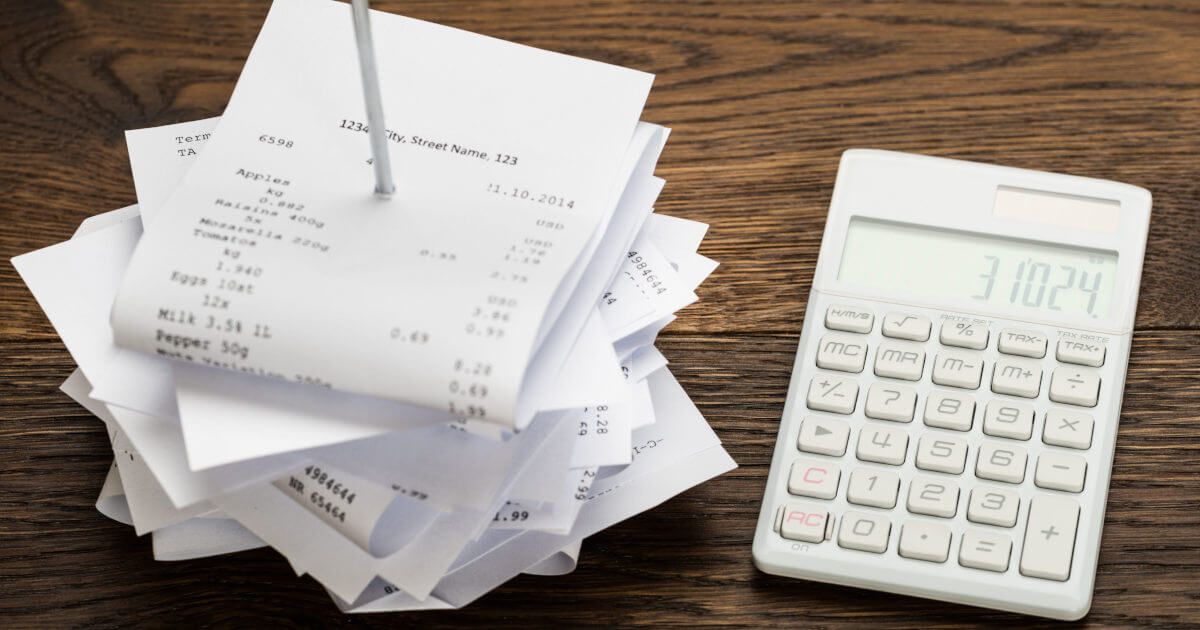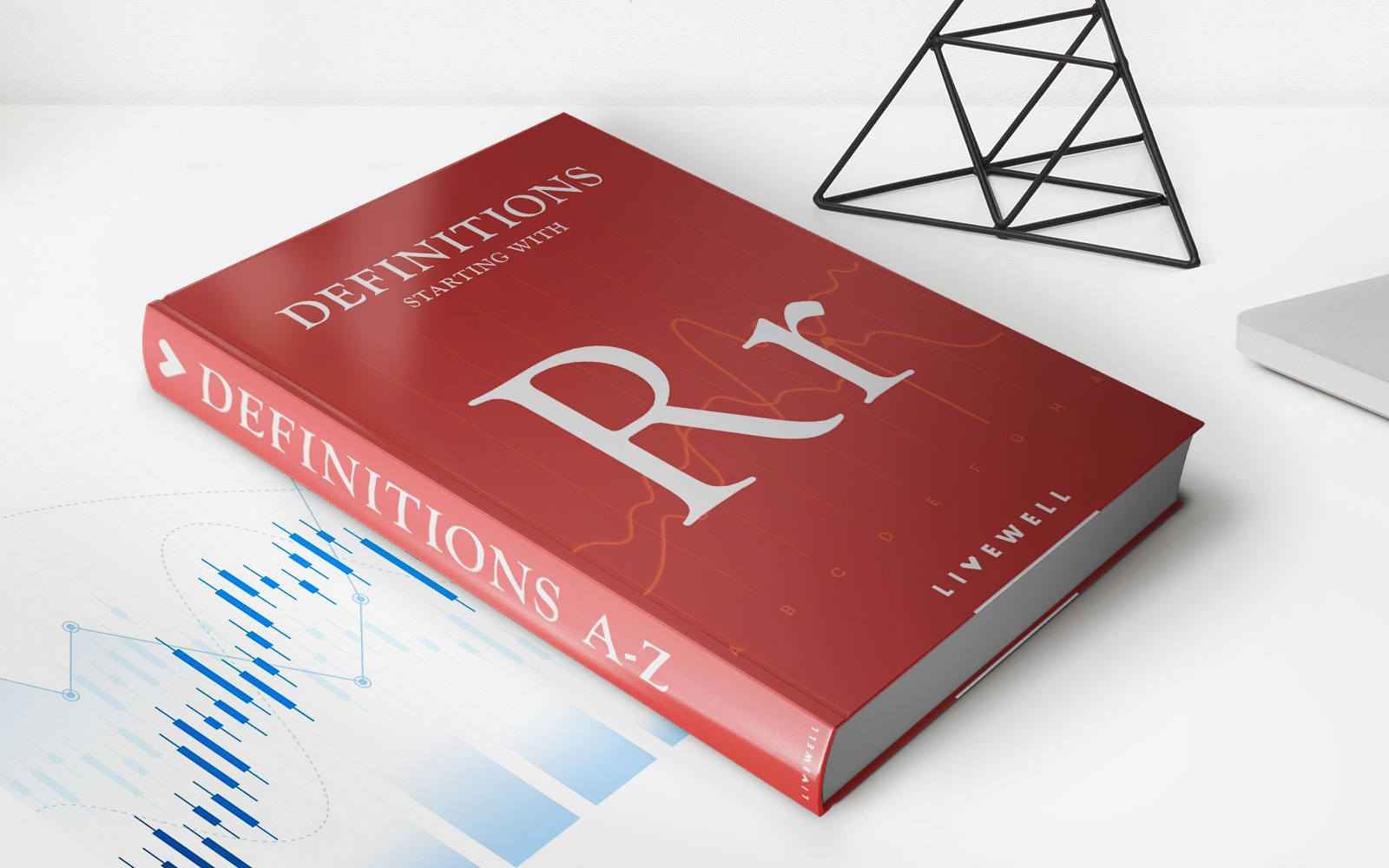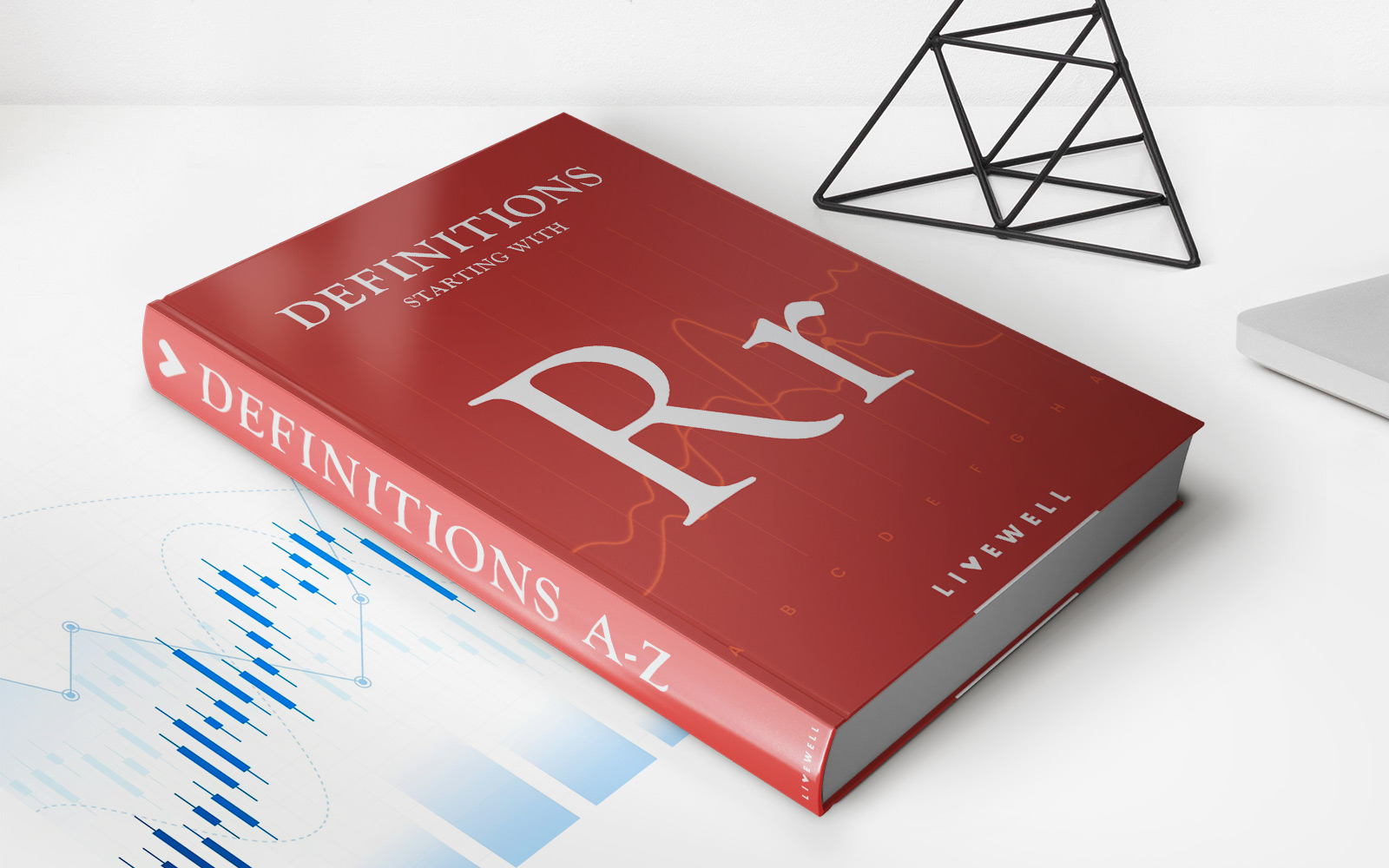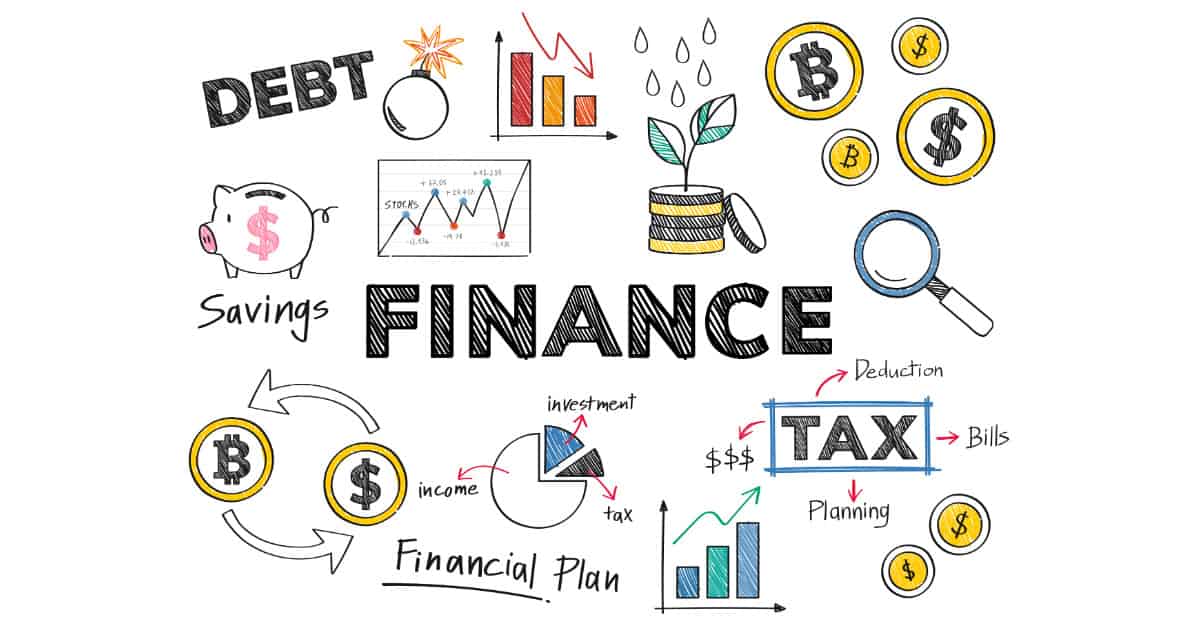

Finance
Escrow Receipt Definition
Published: November 19, 2023
Discover the meaning of escrow receipt in finance and how it ensures secure transactions.
(Many of the links in this article redirect to a specific reviewed product. Your purchase of these products through affiliate links helps to generate commission for LiveWell, at no extra cost. Learn more)
Escrow Receipt Definition: Understanding the Basics
Welcome to our “Finance” category blog where we dive deep into various financial concepts to help you make informed decisions. In today’s post, we will shed light on the definition and importance of an escrow receipt. If you’ve ever wondered what an escrow receipt is and how it impacts your financial transactions, you’re in the right place.
Key Takeaways:
- An escrow receipt acts as a confirmation of funds held by a neutral third party, typically an escrow agent.
- It provides a safe and transparent way to facilitate transactions, ensuring that all parties fulfill their obligations before the funds are released.
So, what exactly is an escrow receipt? Simply put, it is a document issued by a trusted third party, often an escrow agent, which serves as proof that funds have been deposited or received for a specific purpose. It acts as an intermediary between the buyer and the seller, holding the funds until the designated conditions are met.
Escrow receipts play a crucial role in numerous financial transactions, ranging from real estate purchases to business acquisitions and even online transactions. They provide a level of security and peace of mind for all participants involved.
Here’s how an escrow receipt process typically works:
- The buyer and seller agree on the terms and conditions of the transaction.
- They appoint an escrow agent to hold the funds during the transaction.
- The buyer deposits the agreed-upon funds into the escrow account.
- The seller submits the required documents, goods, or services as specified in the agreement.
- Once all requirements are met, the escrow agent releases the funds to the seller, completing the transaction.
Now, you may wonder, why is an escrow receipt so important? The answer lies in its ability to protect the interests of all parties involved. By placing the funds in escrow, it ensures that the seller fulfills their obligations as agreed upon and provides the buyer with the assurance that the funds will only be released once the conditions are met. In this way, it helps mitigate the risk of fraud and non-compliance.
Overall, the benefits of an escrow receipt include:
- Increased trust between the parties involved in the transaction.
- Reduced risk by safeguarding funds until all conditions are fulfilled.
- Protection against fraud and non-compliance.
- Facilitation of complex transactions, such as mergers and acquisitions.
In conclusion, understanding the definition and importance of an escrow receipt is crucial in any financial transaction. It provides a secure way to ensure that both parties fulfill their obligations and protects against potential risks. Whether you’re buying a property, selling a business, or engaging in online transactions, having an escrow receipt adds an additional layer of trust and security.
Stay tuned for our next “Finance” category blog post where we dive into another fascinating financial concept to help you navigate the world of finance with confidence.




